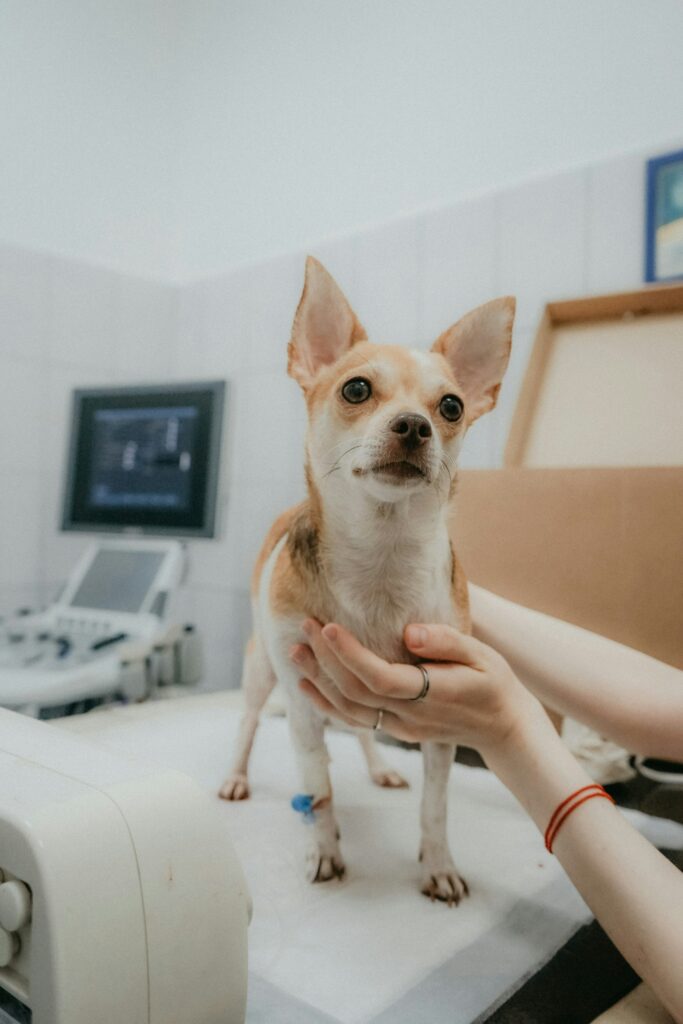Embarking on a career in veterinary medicine is an exciting and rewarding journey. Europe, with its rich history, diverse cultures, and renowned educational institutions, offers a plethora of opportunities for aspiring veterinarians. In this comprehensive guide, we’ll explore the various aspects of studying veterinary medicine in Europe, covering everything from program options and admission requirements to the benefits and challenges of pursuing this path.
Why Study Veterinary Medicine in Europe
Europe is home to some of the world’s oldest and most prestigious universities, many of which have distinguished veterinary medicine programs. Studying in Europe offers students the chance to receive a high-quality education, access state-of-the-art facilities, and learn from leading experts in the field. Additionally, the continent’s rich cultural heritage provides a unique backdrop for academic and personal growth, offering students the opportunity to immerse themselves in diverse cultures and experiences.
Program Options
Europe offers a variety of veterinary medicine programs, including traditional undergraduate degrees and graduate entry programs for students with prior academic backgrounds. These programs typically cover a wide range of subjects, including anatomy, physiology, pharmacology, pathology, and clinical skills. Additionally, some universities offer specialized tracks or elective courses in areas such as wildlife conservation, equine medicine, and veterinary public health.
Admission Requirements
Admission requirements for veterinary medicine programs in Europe vary depending on the university and the country. However, most programs require applicants to have a strong academic background in science, including coursework in biology, chemistry, and physics. Additionally, applicants may need to demonstrate proficiency in English or another language of instruction, submit letters of recommendation, and pass entrance exams or interviews.
Benefits of Studying Veterinary Medicine in Europe
-
World-Class Education
European universities are known for their rigorous academic standards and innovative teaching methods. Studying veterinary medicine in Europe provides students with access to world-class faculty, cutting-edge research facilities, and hands-on clinical experience.
-
Cultural Enrichment
Europe’s rich cultural heritage offers students the opportunity to explore historic landmarks, museums, and cultural events. Immersing oneself in a new culture fosters personal growth, enhances cross-cultural communication skills, and broadens perspectives.
-
International Recognition
Veterinary degrees obtained from accredited European universities are widely recognized and respected worldwide. Graduates of European veterinary programs are well-prepared to pursue licensure and practice opportunities not only within Europe but also in other countries around the world. -
Research Opportunities
European universities are hubs of scientific research and innovation, offering students access to cutting-edge research facilities and opportunities to participate in groundbreaking research projects. Engaging in research not only enhances students’ critical thinking and problem-solving skills but also allows them to contribute to advancements in veterinary science and medicine.
-
Networking and Collaboration
Studying veterinary medicine in Europe provides students with access to a diverse network of peers, faculty, and professionals in the field. Collaborating with individuals from different backgrounds and perspectives fosters interdisciplinary learning, encourages the exchange of ideas, and opens doors to future career opportunities and collaborations.
Challenges and Considerations
-
Language Barrier
While many European universities offer programs taught in English, non-native English speakers may encounter language barriers, particularly in clinical settings. Prospective students should assess their language proficiency and consider language courses or immersion programs to improve their communication skills.
-
Financial Considerations
Tuition fees and living expenses in Europe can vary significantly depending on the country and city. Prospective students should research the cost of living in their desired location and explore scholarship opportunities, financial aid, and part-time employment options to help offset expenses.
-
Adaptation to New Environment
Moving to a new country for education can be accompanied by challenges such as homesickness, cultural adjustment, and navigating unfamiliar systems. Prospective students should prepare for these challenges by researching their destination, connecting with current students or alumni, and seeking support from university resources.
-
Work-Life Balance
The rigorous nature of veterinary medicine programs in Europe may pose challenges in maintaining a healthy work-life balance. Students may experience high levels of stress, long hours of study and clinical work, and limited opportunities for leisure activities. It’s important for students to prioritize self-care, time management, and seeking support when needed to maintain their well-being throughout their studies. -
Post-Graduation Planning
Graduating from a veterinary medicine program in Europe is an accomplishment, but it also brings with it the challenge of planning for the future. Students may face decisions regarding licensure, specialization, job opportunities, and potential relocation. Navigating these post-graduation considerations requires careful planning, research, and networking to ensure a smooth transition into the workforce or further education.
Studying veterinary medicine in Europe offers students a unique opportunity to receive a world-class education, immerse themselves in diverse cultures, and prepare for a rewarding career in veterinary medicine. By carefully considering program options, admission requirements, and potential challenges, prospective students can embark on their veterinary journey with confidence and enthusiasm, knowing that they are laying the foundation for a fulfilling and impactful career in animal health and welfare.





